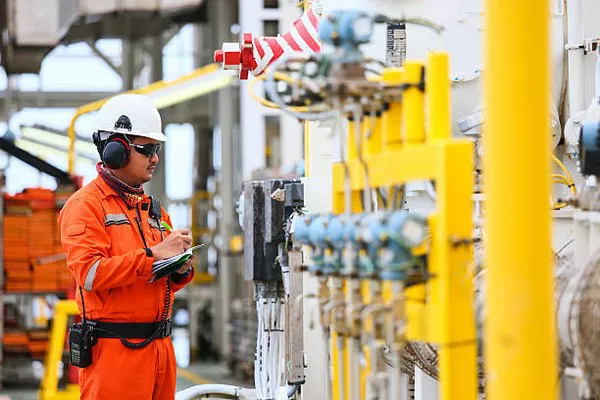The comfort of a cool and controlled indoor environment is a necessity for many, especially during scorching summer months. When your air conditioning system fails to cool your home, the culprit might be a malfunctioning AC compressor. Understanding the reasons behind a non-responsive compressor is crucial for efficient troubleshooting and timely resolution.
Power Supply Issues:
One of the most common reasons for an AC compressor not turning on is a power supply problem. Before delving into complex issues, it’s essential to check if the unit is receiving power. Verify that the circuit breaker for the air conditioning system is not tripped. If it is, reset it and monitor the unit to see if the compressor starts running.
Additionally, inspect the electrical connections leading to the compressor for any signs of damage or loose connections. A secure power supply is paramount for the proper functioning of the compressor.
Thermostat Malfunctions:
The thermostat serves as the control center for your HVAC system, regulating the temperature and signaling the compressor to turn on or off. If the thermostat is malfunctioning, it can lead to issues with the AC compressor. Check the thermostat settings to ensure they are configured correctly. If needed, replace the batteries and recalibrate the thermostat.
Sometimes, a faulty thermostat may require professional inspection and replacement. A certified technician can diagnose and address thermostat issues to restore the proper functioning of your air conditioning system.
Capacitor Problems:
The capacitor is a crucial component in the startup process of the AC compressor. It stores electrical energy and releases it to kickstart the compressor motor. If the capacitor is faulty or has failed, the compressor may not receive the necessary electrical boost to initiate operation.
Inspect the capacitor for any signs of bulging, leaking, or other visible damage. A multimeter can be used to measure the capacitance, helping identify if the capacitor is within the acceptable range. If it falls outside the specified range, replacing the capacitor may be necessary to resolve the issue.
Contactor Issues:
The contactor is another integral part of the compressor’s electrical system. It acts as a switch, allowing electrical current to flow to the compressor motor. Over time, contactors can wear out or become pitted, hindering their ability to establish a proper connection.
Inspect the contactor for signs of damage or wear. If you notice any visible issues, replacing the contactor may be a simple solution. However, for a thorough assessment and replacement, it is advisable to seek professional assistance.
Refrigerant Levels:
A low refrigerant level in the AC system can lead to insufficient pressure, causing the compressor to shut down as a protective measure. Refrigerant leaks can occur over time, compromising the overall efficiency of the system.
Professional technicians equipped with the necessary tools can identify and repair refrigerant leaks. It’s crucial to address refrigerant issues promptly to prevent further damage to the compressor and ensure optimal cooling performance.
Overheating:
Excessive heat can cause the compressor to overheat and trigger a safety shutdown. Factors such as restricted airflow, dirty coils, or a malfunctioning fan can contribute to overheating issues.
Regular maintenance, including cleaning or replacing air filters, clearing debris around the condenser unit, and ensuring proper ventilation, can help prevent overheating. If the problem persists, professional inspection and repairs are recommended to avoid long-term damage to the compressor.
See Also Do Compressor Sound Blankets Work
Conclusion:
A non-responsive AC compressor can disrupt the comfort of your living space, especially during hot weather. Addressing the underlying issues promptly is essential to prevent further damage and ensure the longevity of your air conditioning system. By systematically troubleshooting power supply, thermostat, capacitor, contactor, refrigerant, and overheating issues, you can identify the root cause and take appropriate action. When in doubt, consulting with a qualified HVAC technician can provide a comprehensive diagnosis and effective solutions to get your AC compressor up and running efficiently. Regular maintenance and timely repairs will not only restore the functionality of your air conditioning system but also contribute to its overall performance and longevity.

